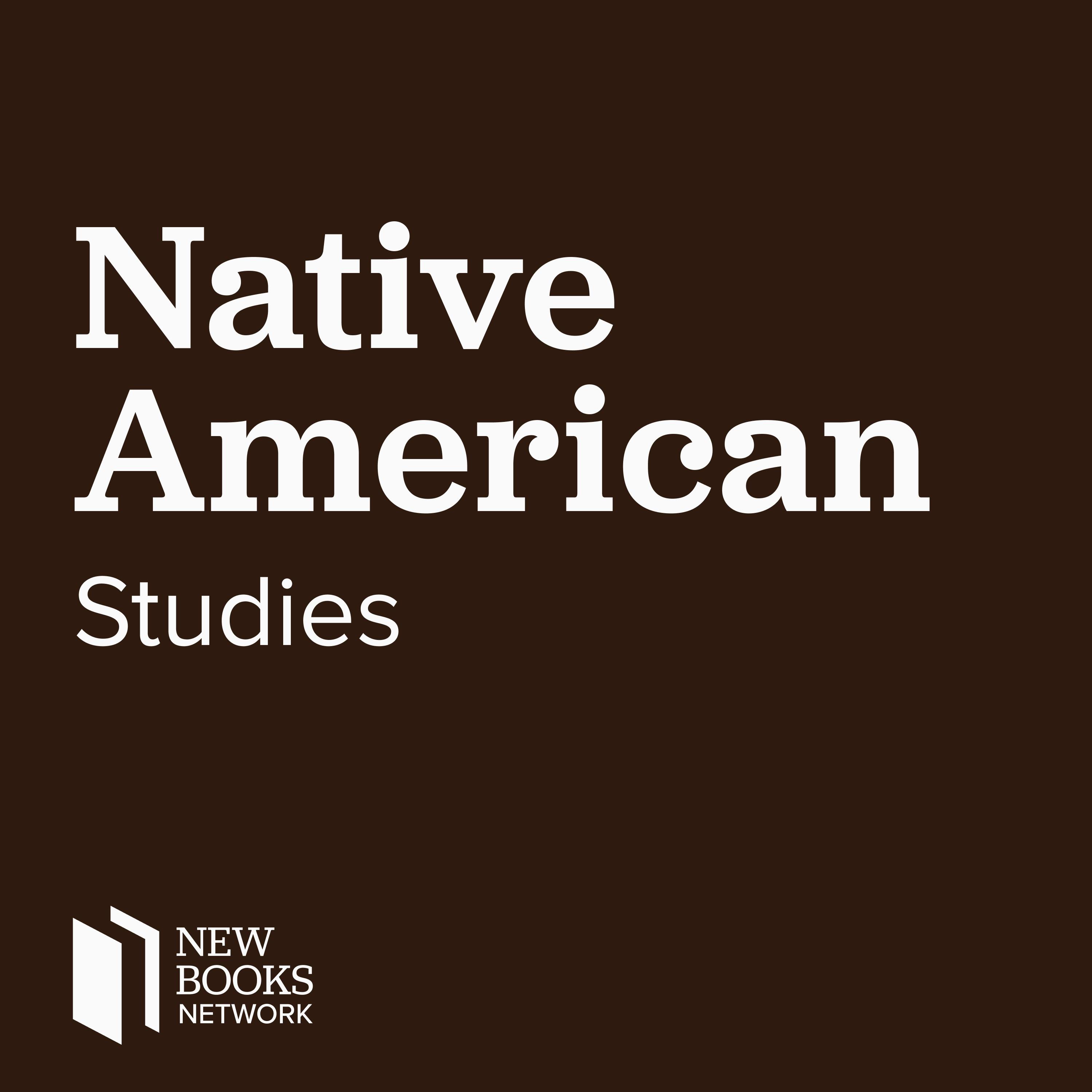Jaclyn Sumner, "Indigenous Autocracy: Power, Race, and Resources in Porfirian Tlaxcala, Mexico" (Stanford UP, 2023)
Description
When General Porfirio Díaz assumed power in 1876, he ushered in Mexico's first prolonged period of political stability and national economic growth--though "progress" came at the cost of democracy. Indigenous Autocracy presents a new story about how regional actors negotiated between national authoritarian rule and local circumstances by explaining how an Indigenous person held state-level power in Mexico during the thirty-five-year dictatorship that preceded the Mexican Revolution (the Porfiriato), and the apogee of scientific racism across Latin America. Although he was one of few recognizably Indigenous persons in office, Próspero Cahuantzi of Tlaxcala kept his position (1885-1911) longer than any other gubernatorial appointee under Porfirio Díaz's transformative but highly oppressive dictatorship (1876-1911). Cahuantzi leveraged his identity and his region's Indigenous heritage to ingratiate himself to Díaz and other nation-building elites. Locally, Cahuantzi navigated between national directives aimed at modernizing Mexico, often at the expense of the impoverished rural majority, and strategic management of Tlaxcala's natural resources--in particular, balancing growing industrial demand for water with the needs of the local population.
In Indigenous Autocracy: Power, Race, and Resources in Porfirian Tlaxcala, Mexico (Stanford University Press, 2024), Jaclyn Ann Sumner shows how this intermediary actor brokered national expectations and local conditions to maintain state power, challenging the idea that governors during the Porfirian dictatorship were little more than provincial stewards who repressed dissent. Drawing upon documentation from more than a dozen Mexican archives, the book brings Porfirian-era Mexico into critical conversations about race and environmental politics in Latin America.
Learn more about your ad choices. Visit megaphone.fm/adchoices
Support our show by becoming a premium member! https://newbooksnetwork.supportingcast.fm/native-american-studies
More Episodes
In Cattle in the Postcolumbian Americas: A Zooarchaeological Historical Study (University Press of Florida, 2024), Nicolas Delsol compares zooarchaeological and material evidence from sites across Mesoamerica and the Caribbean to show how the introduction of cattle, beginning with imports by...
Published 10/28/24
The Shawnee leader Tecumseh came to prominence in a war against the United States waged from 1811 to 1815. In 1805, Tecumseh's younger brother Lalawethika (soon to be known as "the Prophet") had a vision for an Indian revitalization movement that would restore Native culture and resist American...
Published 10/14/24
Walls profoundly shape the spaces we live in and the places we move through, impinge on our everyday lives, and entangle power relations, identity, and hierarchies. Walled-In: Arctic Housing and a Sociology of Walls (Lexington Books, 2024) explores these effects in the context of Arviat,...
Published 10/11/24


